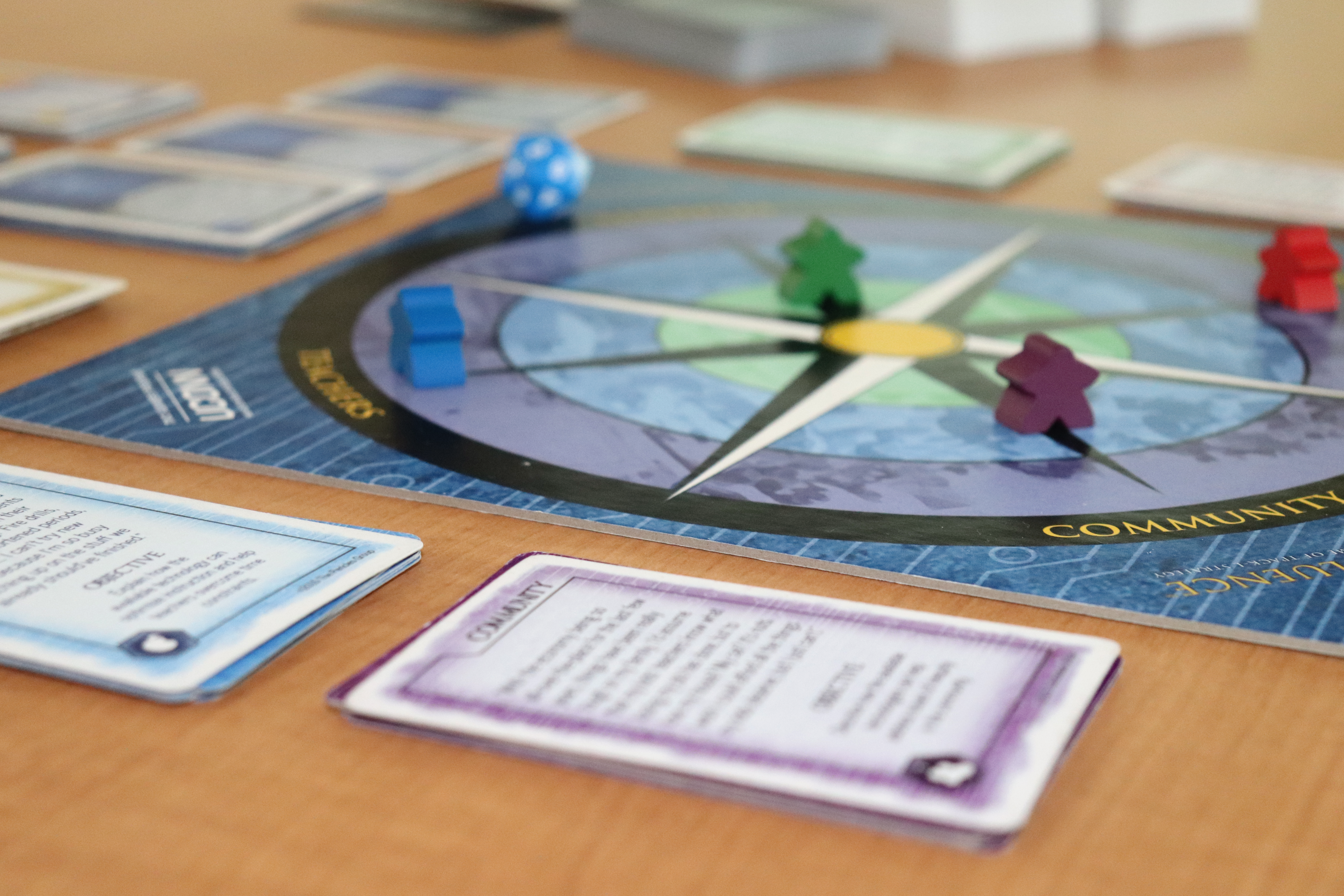
Scholars of games and playful learning at the University of Connecticut have spent the last decade exploring and presenting research that describes best practices for integrating content knowledge, pedagogy, technology, and contemporary theories of thinking and learning (i.e., TPACK; Mishra & Koehler, 2006) in the context of games, play, storytelling, and education.
Now, owing to a confluence of factors, there is an opportunity for us (as a subset of the broader games/play community) to revisit the long-term goals described in our (2012) Review of Educational Research meta-review (Our Princess is in Another Castle: A Review of Trends in Serious Gaming for Education) and (2017) edited volume (Exploding the Castle: Rethinking How Video Games & Game Mechanics Can Shape the Future of Education) as a means of re-centering academic/scholarly discourse around game- and play-based research and instructional design.
We are particularly interested in investigating and forming collaborations around:
- The construction of definitions that more clearly differentiate concepts such as “fun” vs. “engagement,” “play” vs. “work,” “game” vs. “simulation,” and more;
- The creation and cultivation of open access instructional / educational game resources;
- The instructional use of board, card, video, virtual reality, and other games by practicing educators;
- The organization of longitudinal studies to examine variables that span the learning sciences, the humanities, and instructional design/educational technology;
- The role and design of metagame resources (i.e., affinity groups that emerge from game play: blogs, wikis, and discussion pages that support hints, cheats, and modding);
- The development of game- and play-based assessments capable of 1) generating particularized log file data and 2) capturing the formation of particular player relationships, particular social interactions, and particular metacognitive reflections;
- The design of instructional games with one-to-one alignment of game and learning objectives (i.e., optimizing for transfer)
SPACE IS LIMITED.
REGISTRATION IS
FIRST-COME-FIRST-SERVED.
Our approach to instructional design and technology implementation emphasizes a combination of problem solving, critical thinking, and student inquiry skills. We build from a variety of theoretical foundations—constructionism, constructivism, situated cognition, social learning theory, adult learning theory—and develop proactive measures to avoid potential trajectories of failure (see: Slota & Young, 2017).
Some of the technologies we study and design include:
- Analog (Card / Board) Games
- Digital Games
- Text-Based Roleplaying Games
- Alternate Reality Games
- Virtual Reality Interfaces & Experiences
- Training Simulations
- Assistive Technologies / User Interfaces
- Esports (Player / Coach / Administration Resources)
It is our hope that by bringing together experienced scholars, researchers, and educators as a subset of the broader community, Frontiers in Playful Learning will be able to offer a unified, forward-looking vision for scholarship-oriented game design and playful teaching/learning practices capable of informing/benefitting other community subsets and stakeholder groups.

